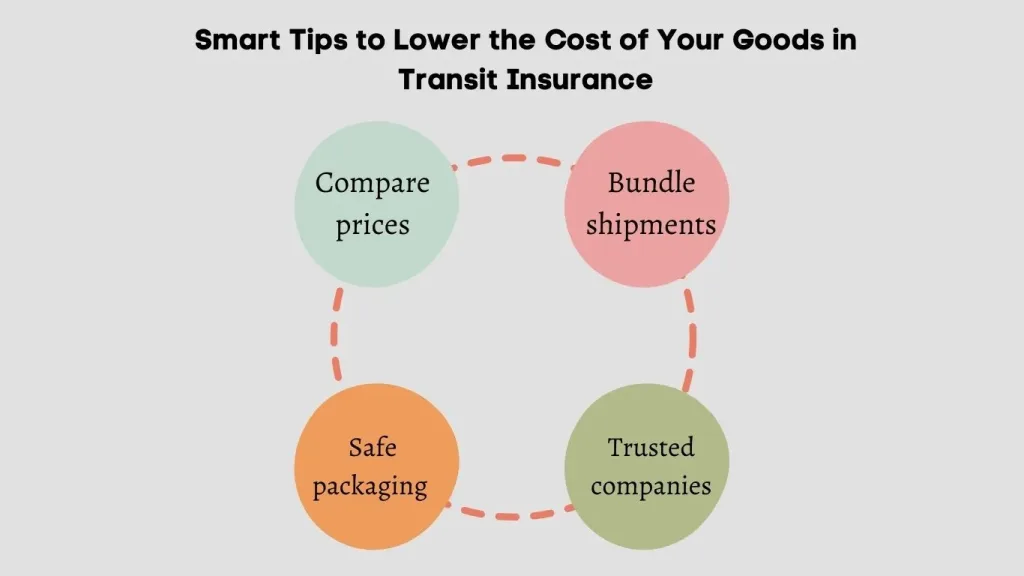Imagine sending a big box full of toys, clothes, or electronics to another country. What if the truck crashes or the ship meets a storm? That’s where insurance for transporting goods becomes your hero.
It keeps your packages safe during their journey, just like a shield!
We’ve already shared how to choose the best Shipping Companies in Egypt for Small businesses, and now it’s time to understand how insurance can protect what you ship.
When you send goods, anything can happen: boxes can break, get lost, or be damaged by the weather.
Insurance for transporting goods helps you recover the value of your items if something bad happens.
It covers accidents, theft, and loss. Without it, you might lose a lot of money.
If you often ship abroad, reading our International Shipping Companies in Egypt article can help you understand how global shipments work and why insurance is essential.

Think of insurance as a seatbelt for your shipment. You may not need it every time, but it keeps you safe if something goes wrong. Businesses use it to ship confidently, and customers feel safer knowing their products are protected. It’s peace of mind for both sides and a smart habit for anyone who ships goods.
When a company adds insurance to its shipments, it’s not just about money it’s about trust.
Customers feel that the company truly cares about their packages and is ready to take responsibility if something happens.
For small businesses, this trust is like gold. It helps them grow faster, get more loyal buyers, and compete with bigger brands.
So, insurance for transporting goods not only saves money it also builds strong, lasting relationships between sellers and customers.
There are different kinds of coverage, depending on what and how you send:
If you ship to the U.S., check our Shipping Companies from Egypt to the USA guide, which explains how insurance and customs work together for safe international delivery.
Freight insurance protects your goods whether they travel by land, air, or sea:
Each type covers a different path, but all have the same goal: keeping your shipment safe from start to finish.
Before buying, think about what you’re sending, how valuable it is, and where it’s going.
Check if the company covers international routes, what documents they need, and how quickly they handle claims.
Always read the details carefully; some insurance doesn’t cover natural disasters or poor packaging.
In most countries, it’s not a must by law, but it’s a very wise choice.
Some big companies make it require partners or suppliers.
Even if not mandatory, insurance for transporting goods saves you from losing money if an accident happens.
To start your insurance, you’ll need:
Keep these safe; missing one might delay your insurance approval.
Ask yourself: “If my shipment gets lost, can I afford to replace it?”
If not, choose full coverage.
Expensive or fragile goods need higher protection, while basic products might only need simple insurance.
It’s about finding the right balance between cost and safety.

To see trusted names, visit our Shipping Companies in Alexandria Egypt article, which lists top-rated local and global options that make shipping safer and smoother.
There are many risks in shipping: accidents, fires, bad weather, or even lost boxes.
Insurance acts like a helper who pays for damages or replaces lost goods, so your business doesn’t lose money.
It’s like having a safety friend who always has your back when you send something far away.
They sound the same but aren’t identical.
It’s insurance that protects goods while they’re being moved.
You need freight or goods in transit insurance, depending on how you ship.
Freight insurance and air or marine covers goods while traveling.
If your box of clothes is damaged on the way, insurance pays for it.
Usually between 0.5% to 2% of the goods’ value.
It’s a paper that shows what’s covered and how much you’ll get if something happens.
Yes! Anyone shipping goods can buy it easily.
It’s also called freight or marine insurance.
You contact an insurance provider, give shipment details, and choose coverage.
Transit insurance covers short routes; cargo insurance covers long or international ones.
If you ship goods often, don’t leave them unprotected.
At Freight Club, you can easily compare trusted insurance options, learn about shipping companies, and choose the best plan for your needs.
It’s your friendly guide to smarter, safer, and more affordable shipping, whether across Egypt or around the world.
